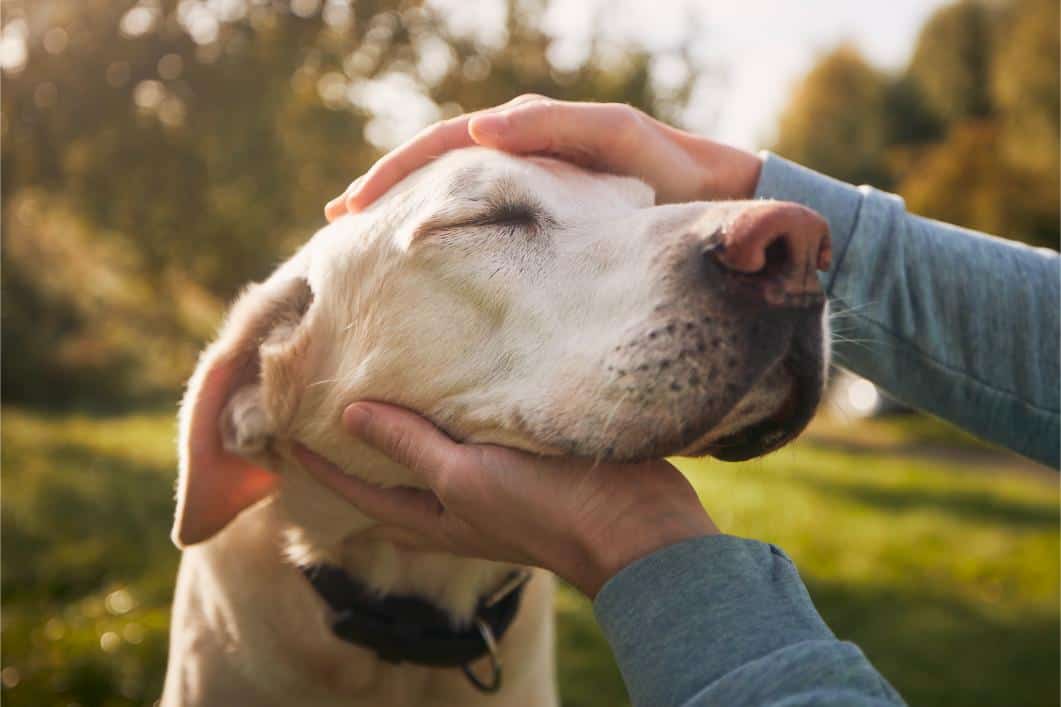How to Prepare for Bringing a Senior Pet into Your Home

Thinking of adopting a senior pet? There are definitely benefits to adopting a pet that is about 6 years of age or older; these dogs and cats may already be house or litterbox-trained, and they’ll generally require more relaxed exercise routines. With the potential for less training, you could have more time for building a strong bond with a senior pet—though you should be aware that older pets may need special daily care or particular medical attention.
While bringing home any new pet requires thoughtful preparation, you’ll want to check out this senior pet adoption guide before you welcome an older dog or cat into your family.
Is Your Home Already Senior Pet-Friendly?
First, think about what is currently in your household. People, pets, furniture, and decor can all make a world of difference to a pet with arthritis, decreased vision, hearing loss, or other conditions. Keep these senior pet adoption tips in mind as you take a fresh look at your home:
- Roommates and family members should understand how patient and gentle they’ll need to be
- Other pets should be introduced gradually to avoid conflict or overexcitement
- You should set up furniture with plenty of space for an older pet to maneuver
- You might even block off stairs if sight or mobility is difficult for your new senior pet
Essential Senior Pet Supplies
You can enhance your existing household with some thoughtful additions. For instance, short flights of stairs, like those leading off of a deck, can be more senior-friendly with a ramp. You can also add steps and ramps to furniture where your pet is permitted to lounge, like beds and couches.
Give your older pet plenty of options for rest by including pet beds in your favorite rooms to hang out. Look for options that are not too fluffy or high-sided so they’re easier to get in and out of.
Non-skid mats and rugs can help older pets avoid injury on hardwood floors, tiles, and slick stairs. Keep towels handy to dry off your dog’s paws after walks or backyard time to keep them more sure-footed indoors.
Older cats will often need litter boxes with lower sides, larger interiors, and/or more shallow litter. If they struggle to get in and out of the box, they’ll relieve themselves wherever they can instead, including on the floor! They won’t want to search or journey too far when nature calls, either, so be sure to have enough boxes throughout the home to make potty time easier for an aging kitty.
Food and Medications for Senior Pets
Before you bring home your older pet, have a thorough conversation with the rescue or shelter about special dietary needs and routine medications. Get that information in writing, too, so you won’t have to memorize any important info on the spot. Then, be sure to schedule a check-up so that you can talk this through with your veterinary team. You should be able to get a short-term supply of food, medications, or supplements from the shelter or rescue, but you’ll need to establish a doctor-patient relationship to obtain refills or change treatment courses as needed. Avoiding a lapse in needed treatments will help ensure your golden oldie’s best quality of life. We at Rocklin Ranch Veterinary Hospital are committed to providing the very best care for our older canine and feline patients.
Maybe the most important thing to prepare to bring home an older pet is your heart! It’s no secret that puppies and kittens get most of the pet adoption attention, but there is something extra special about giving a senior pet a comfortable, loving home during that stage of life. Finding senior pets for adoption might require you to contact local rescues and shelters directly since younger pets may be promoted more frequently. But when you allow an older dog or cat to “retire in style” in your home, you’ll find out why adopting a senior pet can be one of the most fulfilling things you’ll ever do!

